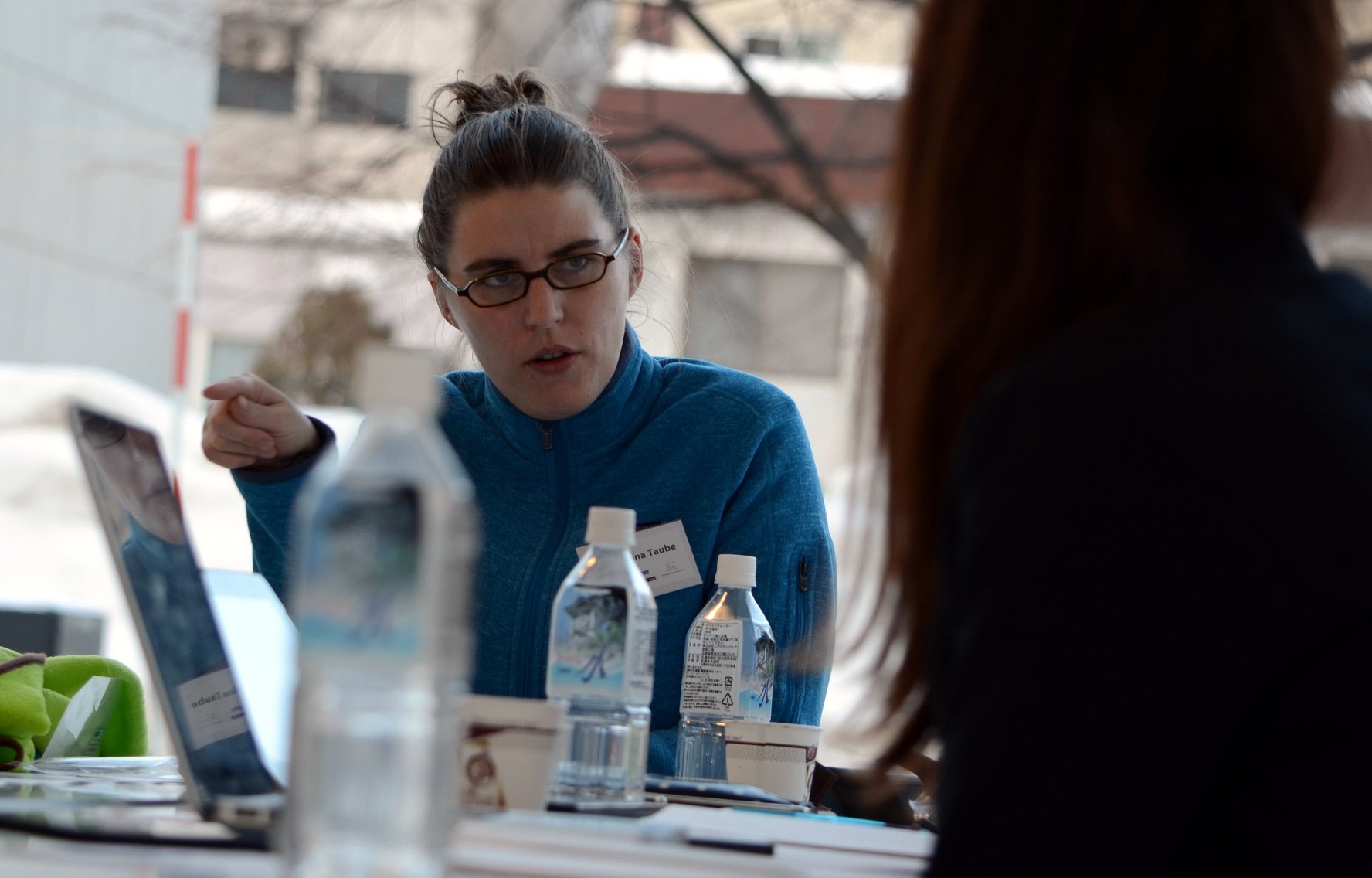
Photo: Berliner.Gazette (CC BY-NC 2.0)
How to… build your influencing skills
Junior arts workers are often the most in touch with audiences, but can struggle to make their voices and ideas heard. Laraine Penson offers some tips for communicating more effectively – and explains why management should listen.
The arts sector creates work for people to enjoy. In order for that work to be successful and sustainable, organisations need to be in touch with their audiences. We all know that, but despite best intentions, it’s easy to become internalised and lose track of the audience. Internal processes take over and we think about what works for us rather than what works for our audiences.
Present solutions rather than problems and make sure they are relevant to the mission and vision of your organisation
To avoid that kind of internalisation, we need to ensure that audiences have a voice at the table when decisions are being made. But sometimes those best placed to represent that voice may find it difficult to make themselves heard. To develop a culture that truly champions the audience, everyone needs to listen and communicate in a way that compels others to take note.
Direct communication
I’ve worked in different positions across the arts and I’m now at the National Trust. As I became more senior, I found I had less and less direct communication with audiences. My roles became more strategic and my focus turned to data and insight rather than direct communication. In senior roles I relied on junior members of the team to share their conversations.
If you are a junior marketer you are in touch with audiences every day, say via social media. You are perfectly placed to champion the audience and, as the person responsible for communicating with them, it’s important that you own that role. To do that effectively, you have to make your voice heard and that can feel challenging.
We have probably all been in a situation at some point where we felt that we were not being listened to. A natural reaction in that situation is to blame the other person but, if you want to change the reaction, you need to ask yourself why they weren’t listening.
Putting your ideas across
In my experience, there are three things that make people more likely to respond positively to an idea:
- Make sure it fits with the organisation’s vision and mission
- Communicate it in the right way to the right person
- Present the idea with room for it to grow with suggestions from others.
Those things require a certain degree of knowledge about the organisation. Equipping yourself with that knowledge and demonstrating that you’re up-to-date and networked in the outside world will make you much more influential.
Here are five simple steps to build your influencing skills:
- Take time out to reflect on how you communicate. Ask other people for feedback and be self-aware.
- Be clear about exactly what it is you want to change. What is it that your organisation could be doing better?
- Present solutions rather than problems and make sure they are relevant to the mission and vision of your organisation.
- Don’t over-complicate things. Think about the simplest route to achieving your result and identify who you need to influence in order to achieve it.
- Think about the person you need to influence and what matters to them. How could your suggestion help?
The right culture
At the National Trust, we are exploring how conversations and the qualitative information we are gathering can be filtered through the organisation. We want to develop a system for capturing and sharing that information. There’s an important role for senior managers to play in creating a culture that champions the audience.
My team works across the north of England. I’ve tasked them with asking the marketing lead at each site how much they know about their business plan and the organisation’s strategy, and how much their marketing insight informs the business planning process. I want to ensure that everyone understands the bigger picture and feels involved in planning for the future.
To enable a culture where junior marketers feel confident championing the audience, it’s important to create space for innovation and sharing ideas. When I worked at Northern Ballet, the CEO had an open-door policy so everyone had the opportunity for direct conversations. We also had a question in our appraisals document: “How innovative are you?” It encouraged innovation. Setting those things in place empowers the team to contribute.
Laraine Penson is Consultancy Manager: Marketing & Communications (North) at the National Trust.
www.nationaltrust.org.uk
Tw @LPenson
Laraine will be speaking at the AMA conference 25 to 27 July in Belfast.
Join the Discussion
You must be logged in to post a comment.